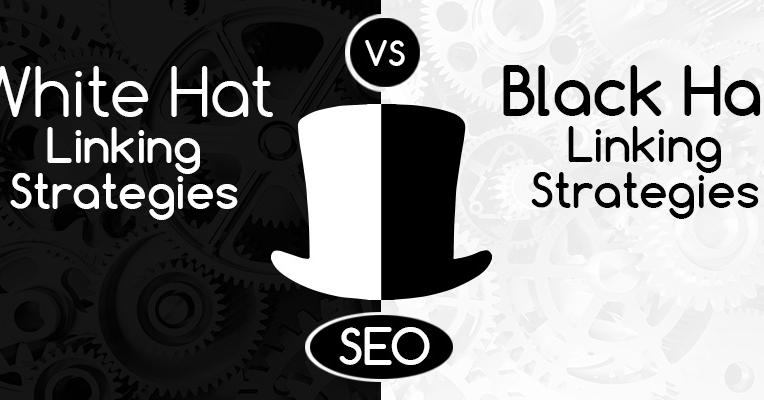Link building remains a critical component of SEO. It’s the process of acquiring hyperlinks from other websites to your own, and it plays a pivotal role in determining your website’s ranking in search engine results pages (SERPs). However, not all link building practices are created equal. You’ve no doubt heard about the fundamental differences between White Hat and Black Hat link building techniques, so it’s time to shed light on the importance of ethical SEO practices and their long-term benefits.
White Hat Link Building: The Ethical Path
White Hat link building is the approach that aligns with search engine guidelines and focuses on building high-quality, natural, and organic backlinks to your website. These techniques prioritize long-term success and user experience over short-term gains. When you hire a link building service, you’re more than likely getting one that uses white hat techniques. Some of the best things about this method are:
Quality Content Creation: The cornerstone of White Hat link building is creating valuable, informative, and relevant content that naturally attracts links from other reputable websites. This content could be blog posts, infographics, videos, or interactive tools. By consistently producing top-notch content, you’ll establish your website as an authoritative source in your niche, making it more likely to earn organic backlinks.
Guest Posting: This strategy involves writing high-quality articles for other websites within your industry. When done right, guest posting allows you to reach a broader audience and earn backlinks in return. It’s crucial to select reputable websites that align with your niche and ensure your guest posts provide value to their readers.
Broken Link Building: This tactic involves identifying broken links on other websites and offering to replace them with your relevant, functioning content. It’s a win-win situation: you help the website owner fix their broken links, and in return, they link to your content.
Outreach and Relationship Building: Building relationships with influencers and other website owners in your industry can lead to natural backlinks. By fostering genuine connections and collaborating on projects, you increase the likelihood of earning high-quality, organic links.
Social Sharing and Promotion: Promoting your content through social media channels can attract attention and shares, potentially leading to natural backlinks from interested parties. It’s essential to engage with your audience and encourage them to share your content.
Black Hat Link Building: The Risky Shortcut
Black Hat link building, on the other hand, employs questionable and manipulative tactics to quickly acquire backlinks, often at the expense of quality and long-term sustainability. While these techniques may provide short-lived gains, they carry significant risks and can result in severe penalties from search engines like Google. Here are some common Black Hat strategies:
Link Farms: Link farms are networks of websites created solely for the purpose of exchanging links. They offer no value to users and exist solely to manipulate search engine rankings. Engaging in link farm schemes can lead to severe penalties, including de-indexing from search results.
Paid Links: Purchasing links from websites is a common Black Hat practice. While it may seem like a quick way to acquire backlinks, it’s against search engine guidelines. Search engines have algorithms designed to detect and penalize paid links, making it a high-risk strategy.
Keyword Stuffing: This tactic involves overloading content with keywords to manipulate search engine rankings. Not only does it harm the user experience, but it also violates SEO best practices. Search engines are increasingly sophisticated in identifying keyword stuffing and penalizing websites that engage in it.
Hidden Text and Links: Some Black Hat practitioners hide text or links on their website by making them the same color as the background or using tiny font sizes. This deceptive technique is aimed at search engines rather than users and can result in severe penalties.
Private Blog Networks (PBNs): PBNs are networks of websites owned by the same entity that exist solely to create backlinks to other sites they own. This strategy is against search engine guidelines and can lead to penalties if discovered.
Final Thoughts on Link Building Techniques
In the battle between White Hat and Black Hat link building, White Hat practices emerge as the clear winner in the long run. While Black Hat tactics may offer short-term gains, they come with significant risks and can lead to severe consequences, including search engine penalties that can be difficult to recover from.
White Hat link building, on the other hand, focuses on ethical and sustainable practices that not only improve your website’s search engine rankings but also enhance user experience and build a solid online reputation. By creating high-quality content, fostering genuine relationships, and following search engine guidelines, you can achieve lasting success in the world of SEO.






